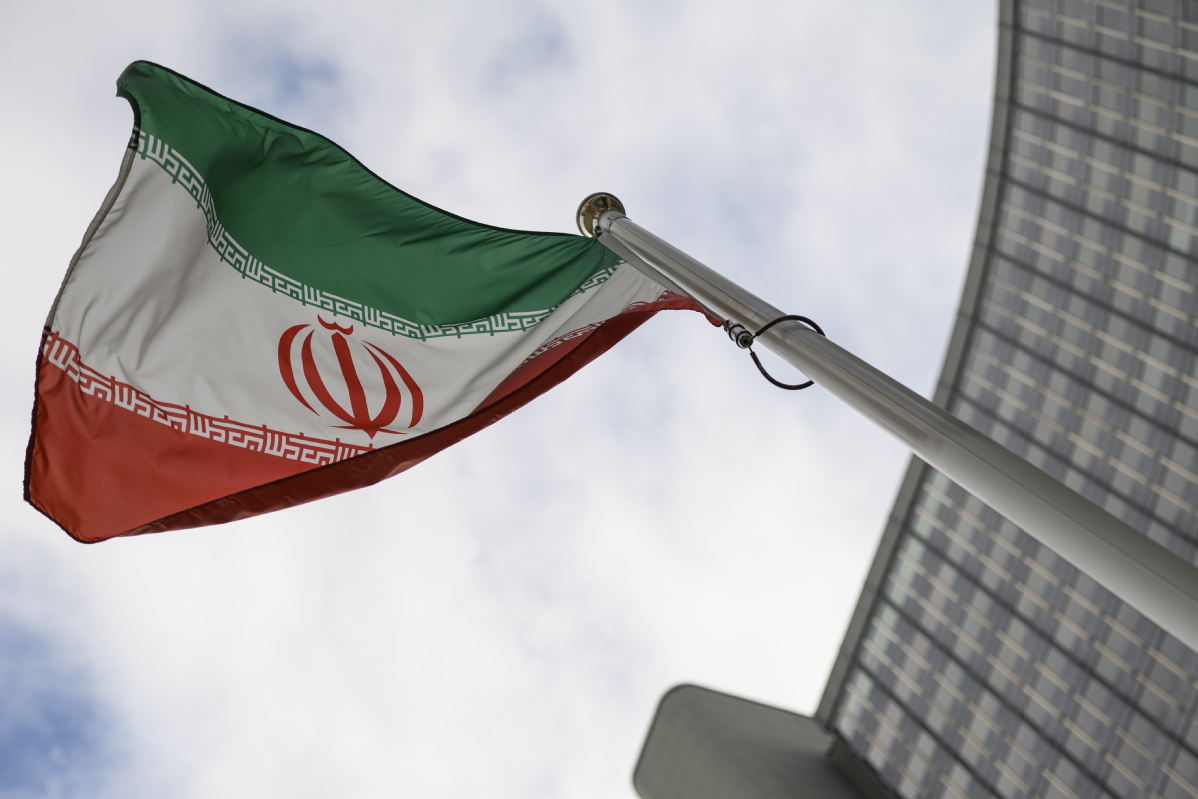Tough lines highlight challenges in Vienna
By LIU XUAN | China Daily | Updated: 2021-11-29 09:32

US, Iran signal compromise may be hard to find as nuclear talks resume
Talks aimed at reviving the Iran nuclear deal resume on Monday, but the language from the key players, Iran and the United States, suggests any breakthroughs in Vienna will be hard won, experts say.
Though the adversaries have expressed a willingness to reconcile key differences related to a 2015 nuclear deal, their demands heading into the negotiations are still "not much different" from those expressed in the earlier rounds of the process, said Niu Song, a professor at the Middle East Studies Institute of Shanghai International Studies University.
Iran wants the US to lift economic sanctions so that the Islamic republic can normalize its foreign trade, while the US wants to further restrict Iran's nuclear activities, he said.
Representatives from China, Russia, France, Germany, Britain, and Iran are gathering in the Austrian capital to restart the talks in an effort to revive the Joint Comprehensive Plan of Action, with the indirect involvement of the US, which withdrew from the deal in 2018.
The 2015 pact was struck on the basis of Iran curbing its nuclear program in exchange for an easing in economic sanctions imposed on the country.
Even as the talks in Vienna went through six rounds without meaningful results, Niu said Iran and the US "have maintained intermittent dialogue and expectations for a new round of nuclear talks".
"It reflects the willingness of the two sides to advance the resolution of Iranian nuclear issues," he said. "This is the most important prerequisite for substantive progress."
Though the two countries have committed to the resumed talks, they have kept up a steady criticism of each other, Niu said.
Saeed Khatibzadeh, a spokesperson for Iran's Foreign Ministry, said last week that his country will not keep open the window for negotiations "if the JCPOA does not imply specific economic interests and the normalization of foreign trade for the Islamic republic".
Khatibzadeh said the lifting of the sanctions was the most important issue in the talks that are about to start.
Interim deal
US National Security Adviser Jake Sullivan raised the possibility of an interim deal in a recent meeting with his Israeli counterpart Eyal Hulata, arguing that such an arrangement would let the parties "buy more time for nuclear negotiations".
The proposal, in the eyes of some experts, was aimed at putting the brakes on Iran's advancements in its nuclear program, such as a freeze on the enrichment of uranium to 60 percent purity, in exchange for the release of some of Iran's frozen funds, Xinhua News Agency reported.
US Defense Secretary Lloyd Austin said on Nov 20 that if Iran "isn't willing to engage seriously, Washington will look at all the options necessary to keep the US secure".
Hossein Askari, an Iranian economist and emeritus professor of business and international affairs at George Washington University, said in an interview with Iran's Mehr News Agency that a full agreement may be out of reach given the changing situation. "A partial agreement may be better than nothing" for the US, said Askari, referring to Sullivan's proposal.
Niu said that even as the US and Iran engage in the indirect negotiations in Vienna, fierce exchanges between them may yet materialize while the parties gather. The negotiations resuming this week are the first since Ebrahim Raisi became Iran's president in August.
The Raisi administration, which is generally regarded as holding a tough attitude toward the US, "is unlikely to achieve a clear breakthrough" with the US in its first nuclear talks, Niu said.
Niu also noted the resistance toward a deal in Vienna among some quarters in Iran and the US.
"The outcome of this round of nuclear talks will, to a large extent, evolve into a clearer statement and description of their respective positions between the Joe Biden administration of the US and the Raisi administration of Iran."
China, one of the strongest advocates of the talks, will "urge the US and Iran to resolve differences through negotiations and effectively manage conflicts" while supporting Iran to safeguard its legitimate rights and interests, Niu said.
Xinhua contributed to this story.
























